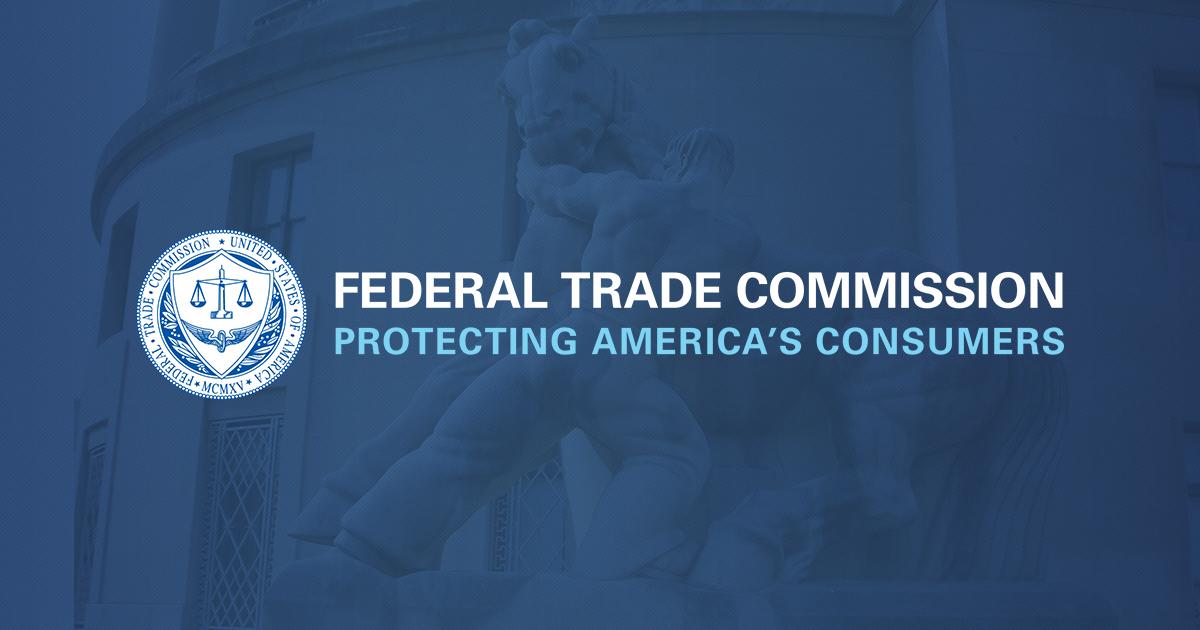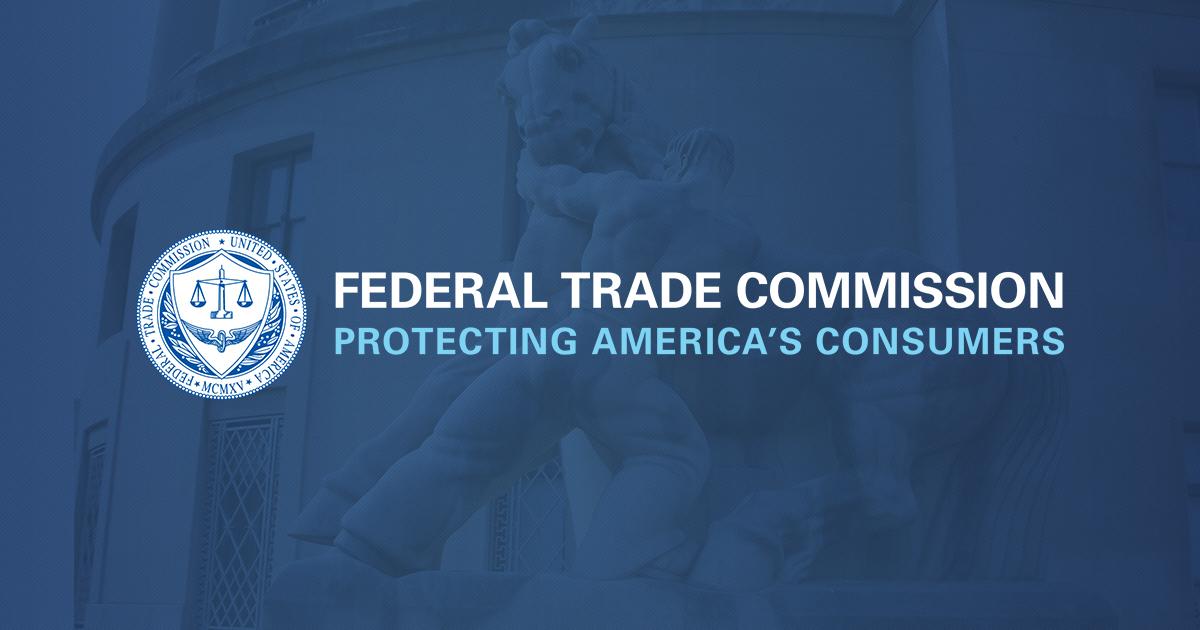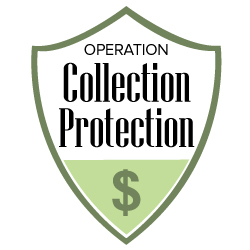 The Federal Trade Commission and other law enforcement authorities around the country announced the first coordinated federal-state enforcement initiative targeting deceptive and abusive debt collection practices. This nationwide crackdown encompasses 30 new law enforcement actions by federal, state, and local law enforcement authorities against collectors who use illegal tactics such as harassing phone calls and false threats of litigation, arrest, and wage garnishment. The cases announced today bring to 115 the total number of actions taken so far this year by the more than 70 law enforcement partners in the Operation Collection Protection initiative.
The Federal Trade Commission and other law enforcement authorities around the country announced the first coordinated federal-state enforcement initiative targeting deceptive and abusive debt collection practices. This nationwide crackdown encompasses 30 new law enforcement actions by federal, state, and local law enforcement authorities against collectors who use illegal tactics such as harassing phone calls and false threats of litigation, arrest, and wage garnishment. The cases announced today bring to 115 the total number of actions taken so far this year by the more than 70 law enforcement partners in the Operation Collection Protection initiative.
 Some of these actions allege that collectors knowingly attempted to collect so-called phantom debts – phony debts that consumers do not actually owe. The illegal practices targeted by authorities also include the failure of some collectors to give consumers legally required disclosures and notices, or to follow state and local licensing requirements.
Some of these actions allege that collectors knowingly attempted to collect so-called phantom debts – phony debts that consumers do not actually owe. The illegal practices targeted by authorities also include the failure of some collectors to give consumers legally required disclosures and notices, or to follow state and local licensing requirements.
“Being in debt is stressful enough for many Americans without also being subjected to intimidation and false threats,” FTC Chairwoman Edith Ramirez said. “Debtors have certain rights and rogue collectors that step outside the law will face the consequences of illegal behavior.”
Illinois Attorney General Lisa Madigan said, “My office receives thousands of calls and complaints each year from consumers who are victims of illegal debt collection tactics. Through our partnership with the FTC and states across the country, we are putting scam operations out of business and protecting consumers from abusive practices by legitimate creditors.”
Minnesota Commerce Commissioner Mike Rothman added, “Illegal and abusive tactics by debt collectors are a nationwide problem that requires a nationwide response. By working together in this new federal-state collaboration, we are joining our forces to stop these abusive practices and protect the public.”
As part of the initiative, the FTC announced five new enforcement actions against debt collectors engaged in allegedly illegal practices. The FTC has asked federal courts to halt three abusive debt collection operations. One of the complaints has been filed under seal, and so the Commission cannot yet disclose details of that case. Two other operations have agreed to settle Commission charges:
BAM Financial: The FTC has alleged that the defendants extracted payments from consumers through intimidation, lies and other unlawful tactics. According to the FTC’s complaint, the defendants bought consumer debts and collected payment on their own behalf by threatening consumers with lawsuits, wage garnishment and arrest, and by impersonating attorneys or process servers. They also unlawfully disclosed debts to, or harassed, third parties, failed to identify themselves as debt collectors, and failed to notify consumers of their right to receive verification of the purported debts.
In one instance, the defendants falsely told a consumer’s 84 year-old mother they had a warrant for her daughter’s arrest, and later told the consumer they represented a bounty hunter and would have the sheriff serve her with process. The defendants falsely told another consumer that she would not be allowed to see her children, and that they would garnish her wages and report her to the Internal Revenue Service if she did not pay.
The Commission vote authorizing the staff to file the complaint was 4-0. The U.S. District Court for the Central District of California issued a temporary restraining order against the BAM Financial defendants on October 21, 2015, halting their operations.
Delaware Solutions: In a joint action by the FTC and the Attorney General of the State of New York, the Delaware Solutions defendants are charged with attempting to collect on debts they knew were bogus. The defendants bought payday loans supposedly owed to a company that repeatedly told them to stop collection efforts because the debts were invalid, and ignored consumers’ evidence that they had never authorized a payday loan.
According to the complaint, the defendants also failed to identify themselves to consumers as debt collectors, falsely portrayed themselves as process servers or attorneys, and falsely threatened arrest or litigation. The defendants also unlawfully disclosed consumers’ debts to third parties in an attempt to embarrass the consumers into paying them.
The Commission vote authorizing the staff to file the complaint was 4-0. The U.S. District Court for the Western District of New York issued a temporary restraining order against the Delaware Solutions defendants on October 6, 2015, halting their operations. This is the seventh case against an abusive Buffalo debt collection enterprise that the FTC has filed in the last two years, four of which were filed jointly with the New York Attorney General’s office.
K.I.P., LLC: Under a settlement with the FTC and the Illinois Attorney General, a married couple who ran a phantom debt collection scheme based in Aurora, Illinois, have agreed to a $6.4 million judgment, and a ban on working in any debt collection business.
In April 2015, the FTC and the Illinois Attorney General charged K.I.P. LLC, and Charles and Chantelle Dickey, with threatening and intimidating consumers to pay payday loan debts they either did not owe, or did not owe to the defendants. The U.S. District Court for the Northern District of Illinois, Eastern Division subsequently halted the operation and froze the defendants’ assets pending litigation.
According to the complaint, the defendants used a host of business names to target consumers who obtained or applied for payday or other short-term loans. Claiming those loans were delinquent, they threatened to garnish consumers’ wages, suspend or revoke their driver’s licenses, have them arrested or imprisoned, or sue those who did not pay. Many consumers paid, even though they may not have owed the debts, because they believed the defendants would follow through on their threats or because they simply wanted to end the harassment.
The proposed stipulated final order also prohibits the defendants from misrepresenting financial products and services, profiting from customers’ personal information, and failing to dispose of such information properly. It imposes a $6,403,781 judgment, including proceeds from the sale of a car and the turnover of any assets held by third parties.
The Commission vote approving the filing of the proposed stipulated final order was 4-0. The proposed order is subject to approval by the U.S. District Court for the Northern District of Illinois, Eastern Division.
National Check Registry: The operators of a debt collection scheme agreed to a ban on participating in any debt collection business to settle charges brought by the FTC and the New York Attorney General’s Office in June 2014 that the defendants used lies and false threats to collect millions of dollars from consumers.
The settlement order prohibits the defendants from misrepresenting material facts about any financial-related product or service, including lending, credit repair, debt relief, and mortgage assistance relief services, and profiting from customers’ personal information. One of the defendants, Joseph Bella, will pay $112,000 and surrender certain bank accounts, two cars and two boats.
The Commission vote authorizing the staff to file the proposed stipulated final order was 5-0. The U.S. District Court for the Western District of New York entered the order on October 16, 2015.
The orders involving K.I.P., LLC and National Check Registry impose millions of dollars in judgments, include strong injunctive relief and monitoring provisions, and ban the defendants from working in the debt collection industry for life. With the new settlements, the FTC has now secured final judgments in seven cases so far in 2015, placing 33 defendants under strict federal court orders, securing over $88 million in judgments, and banning 24 defendants from working in debt collection.
NOTE: The Commission files a complaint when it has “reason to believe” that the law has been or is being violated and it appears to the Commission that a proceeding is in the public interest. Stipulated orders have the force of law when approved and signed by the District Court judge.
To learn more, read Facing Debt Collection? Know Your Rights and Fake Debt Collectors.
The Federal Trade Commission works for consumers to prevent fraudulent, deceptive, and unfair business practices and to provide information to help spot, stop, and avoid them. To file a complaint in English or Spanish, visit the FTC’s online Complaint Assistant or call 1-877-FTC-HELP (1-877-382-4357). The FTC enters complaints into Consumer Sentinel, a secure, online database available to more than 2,000 civil and criminal law enforcement agencies in the U.S. and abroad. The FTC’s website provides free information on a variety of consumer topics. Like the FTC on Facebook, follow us on Twitter, and subscribe to press releases for the latest FTC news and resources.

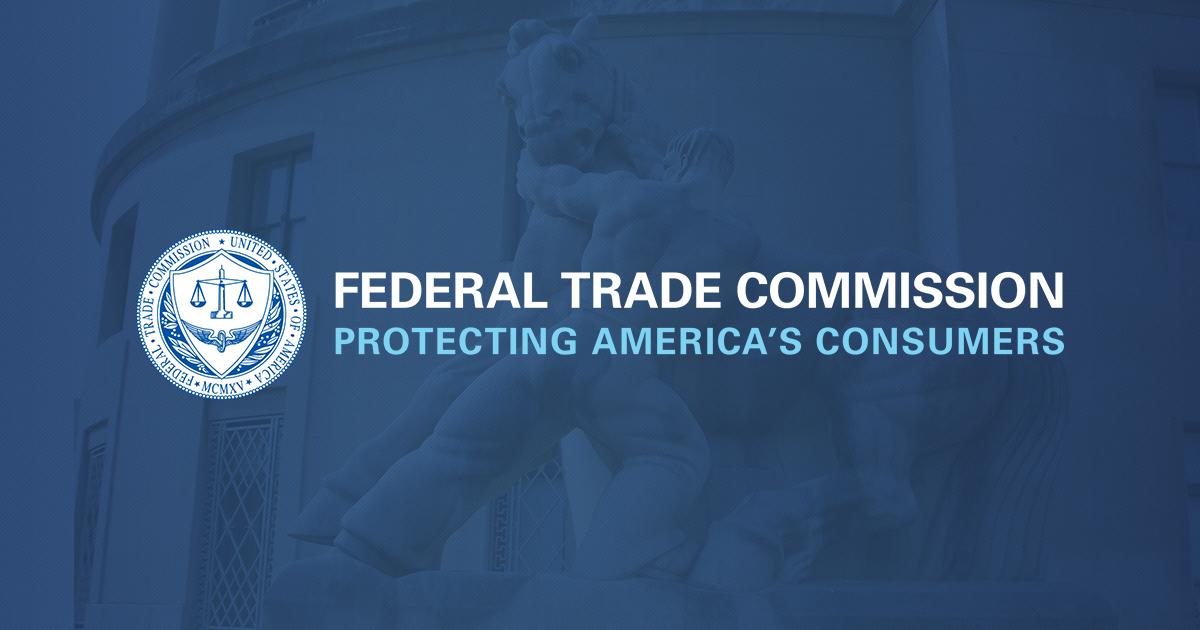
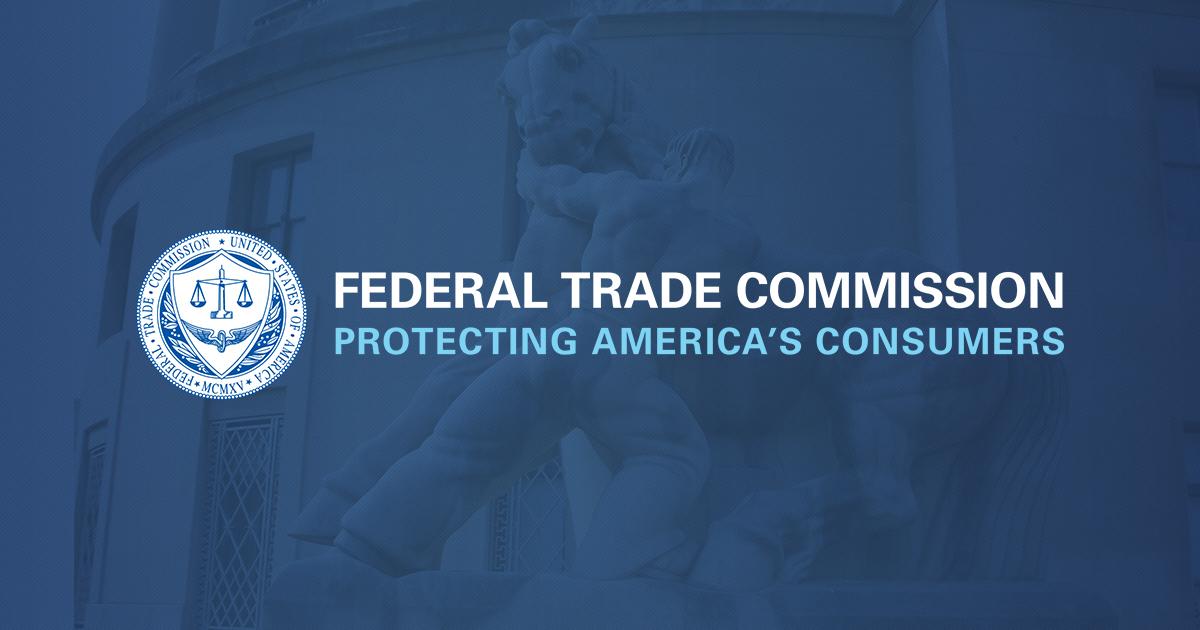
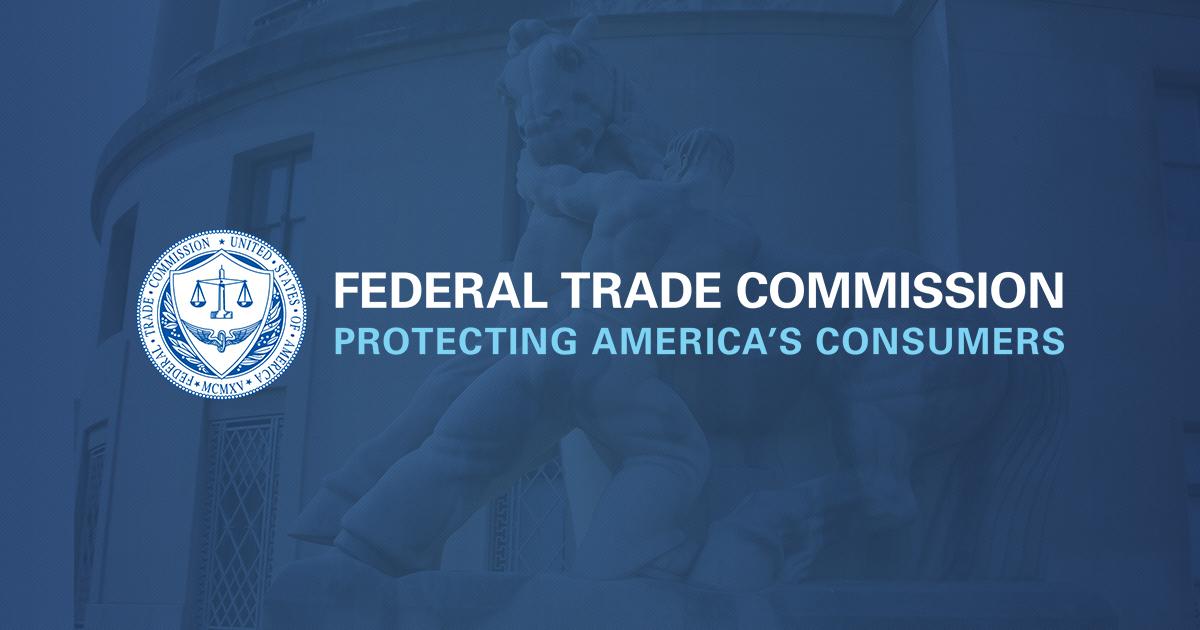
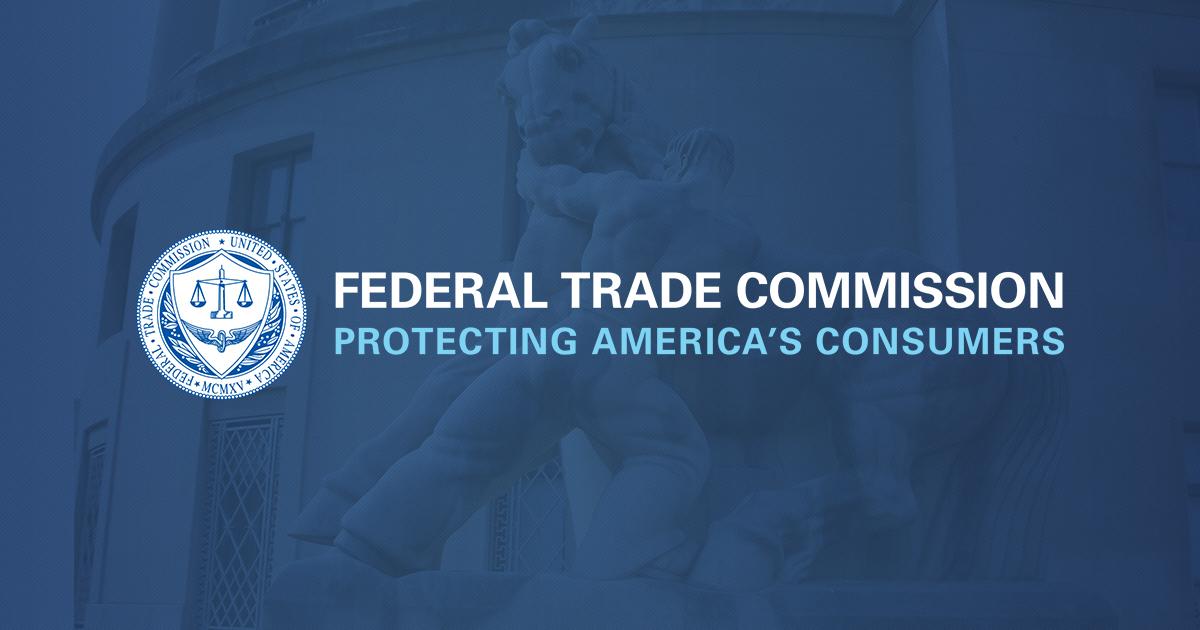
 The Federal Trade Commission and other law enforcement authorities around the country announced the first coordinated federal-state enforcement initiative targeting deceptive and abusive debt collection practices. This nationwide crackdown encompasses 30 new law enforcement actions by
The Federal Trade Commission and other law enforcement authorities around the country announced the first coordinated federal-state enforcement initiative targeting deceptive and abusive debt collection practices. This nationwide crackdown encompasses 30 new law enforcement actions by 
